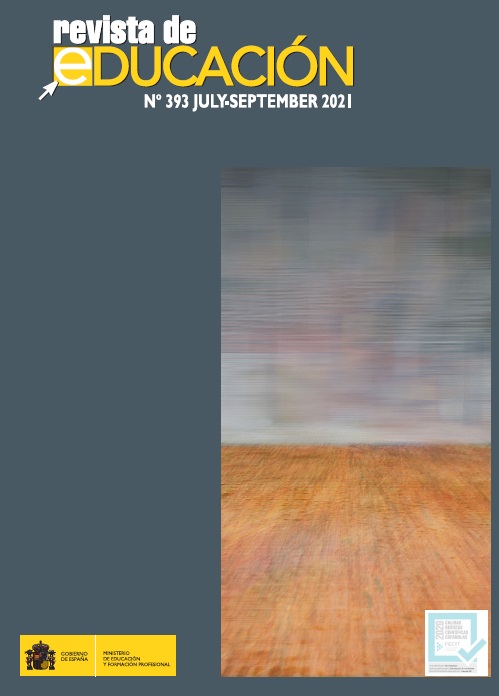The teaching profession in the perspective of the XXI century. Models of access, professional development and interactions
Main Article Content
Abstract
As never before, the accelerated evolution of the social and economic context has increased the expectations of developed countries regarding their education and training systems. This paper firstly aims to briefly describe the perspective of education in the 21st Century, along with its impact on the generation of challenges facing the teaching profession. The broad international consensus on the importance of teacher-centred policies justifies the second objective of this essay: to carry out a comparative analysis of two types of models of access to the teaching profession, the delegation models and the cooperation models. This conceptualisation is based on the different role attributed to the State in the exercise of its constitutional powers. The first category comprises the current Spanish model and other evolved forms thereof, while the second corresponds to a new model that is inspired by the health system and the procedure of access to the specialised medical profession (Spanish acronym: MIR). The third objective is to highlight the role of professional development - and its articulation through a Career Plan - as the second pillar of policies focused on teachers. The arguments made highlight the comparative advantages of the cooperation model over the delegation model. These advantages are consolidated when, together with the first pillar, the second and the interactions between the two are introduced into the reasoning. The above arguments point to one of the priority paths for the improvement of the Spanish education system in the next decade.

